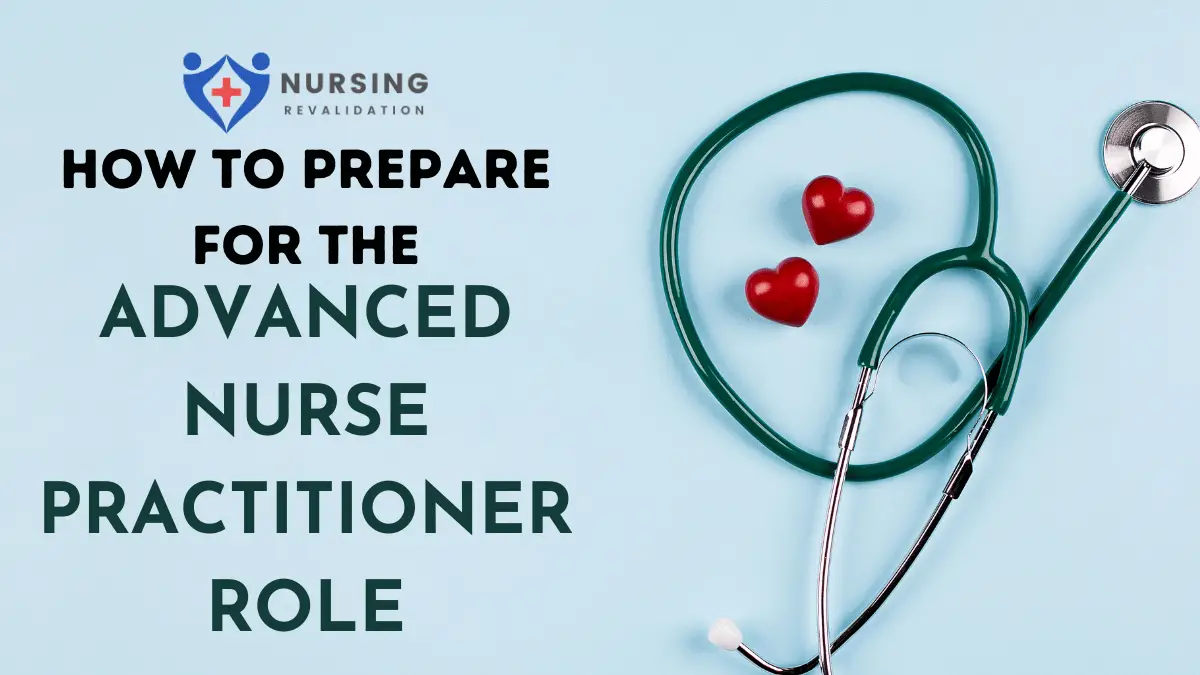Becoming an Advanced Nurse Practitioner (ANP) is a significant milestone in the nursing profession. It requires dedication, advanced education, and a commitment to excellence in patient care. In this guide, we’ll delve into the essential steps and preparations needed to excel in the ANP role. From educational requirements to practical skills and professional development, this article aims to equip aspiring ANPs with the knowledge and insight necessary for success.
Understanding the Advanced Nurse Practitioner Role
What is an Advanced Nurse Practitioner?
An Advanced Nurse Practitioner (ANP) is a highly trained and specialized nursing professional with advanced clinical skills and expertise. ANPs play a crucial role in healthcare settings, providing comprehensive care to patients across the lifespan. They are trained to assess, diagnose, and manage various health conditions, often working autonomously or collaboratively with other healthcare professionals.
Scope of Practice
The scope of practice for ANPs varies depending on the state or country’s regulations, as well as the specific healthcare setting. Generally, ANPs are authorized to perform tasks such as conducting physical exams, ordering and interpreting diagnostic tests, prescribing medications, and developing treatment plans for patients.
Educational Requirements
Becoming an ANP requires a strong educational foundation. Most ANPs hold a Master of Science in Nursing (MSN) degree or higher, with a specialization in a specific area such as family practice, pediatrics, adult-gerontology, or psychiatric-mental health. Additionally, many ANPs pursue certification through organizations like the American Nurses Credentialing Center (ANCC) or the American Academy of Nurse Practitioners Certification Board (AANPCB).
Table: Comparison of Educational Pathways for Advanced Nurse Practitioners
| Educational Pathway | Description |
|---|---|
| Master of Science in Nursing (MSN) | Graduate-level nursing program with advanced practice focus. |
| Doctor of Nursing Practice (DNP) | Terminal degree emphasizing advanced clinical skills. |
| Post-Master’s Certificate | For RNs with MSN seeking additional specialization. |
Preparing for the Advanced Nurse Practitioner Role
1. Pursue Advanced Education
The first step in preparing for the ANP role is to obtain the necessary education and training. This typically involves completing a graduate-level nursing program with a focus on advanced practice nursing. Consider enrolling in accredited programs that offer specialized tracks aligned with your career goals.
2. Gain Clinical Experience
Clinical experience is vital for honing your skills as an ANP. Seek opportunities to work in diverse healthcare settings, such as hospitals, clinics, or community health centers. Rotations in primary care, specialty areas, and acute care settings can provide valuable exposure to different patient populations and healthcare challenges.
3. Obtain Licensure and Certification
After completing your education, you’ll need to obtain licensure as a registered nurse (RN) in your state or country. Additionally, pursuing certification as an Advanced Practice Registered Nurse (APRN) is often required or preferred by employers. Certification demonstrates your expertise and commitment to professional development.
4. Develop Clinical Competencies
As an ANP, you’ll be expected to demonstrate proficiency in various clinical competencies, including assessment, diagnosis, treatment planning, and patient education. Take advantage of continuing education opportunities, workshops, and conferences to stay updated on the latest evidence-based practices and guidelines.
5. Cultivate Interprofessional Collaboration
Collaboration is key to delivering comprehensive care as an ANP. Build strong relationships with other healthcare professionals, including physicians, nurses, pharmacists, and social workers. Effective communication and teamwork are essential for coordinating patient care and achieving optimal outcomes.
Conclusion
Preparing for the Advanced Nurse Practitioner role requires dedication, ongoing education, and a commitment to excellence in patient care. By pursuing advanced education, gaining clinical experience, obtaining licensure and certification, developing clinical competencies, and fostering interprofessional collaboration, aspiring ANPs can position themselves for success in this rewarding career. Remember, the journey to becoming an ANP is challenging but immensely fulfilling, offering opportunities to make a meaningful impact on patients’ lives and contribute to advancing healthcare delivery.

